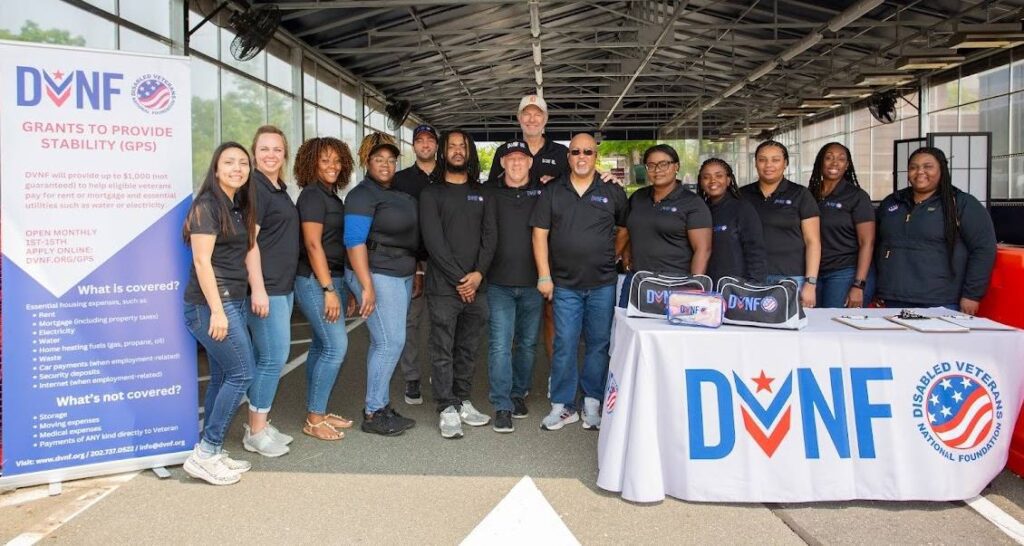This article explores the essential resources available to veterans as they transition back to civilian life. It highlights key organizations such as the Department of Veterans Affairs (VA) and Veteran Service Organizations (VSOs) that offer healthcare services, disability compensation, educational benefits, and more. It also discusses the importance of Transition Assistance Programs (TAP) in helping veterans prepare for civilian careers and the VA Vocational Rehabilitation and Employment (VR&E) program for veterans with disabilities. Additionally, the article mentions the Military OneSource program, state and local resources, and various financial assistance options for veterans in need. Overall, these resources aim to support veterans in their well-being and successful integration into civilian society.
The Essential Resources for Veterans: From Healthcare to Financial Assistance
Introduction
As veterans transition back to civilian life, they often face unique challenges and require specialized support. Fortunately, there are numerous resources available to help veterans navigate various aspects of their lives, ranging from healthcare to financial assistance. These resources aim to ensure that veterans receive the care, support, and benefits they deserve. This article will delve into some of the essential resources that veterans can utilize to enhance their well-being and ease their transition into civilian life.
1. Department of Veterans Affairs (VA)
The Department of Veterans Affairs (VA) is a critical resource for veterans, offering an array of services, benefits, and programs. The VA provides healthcare services, including physical and mental health programs, treatment for service-related injuries, and access to medical professionals familiar with veterans’ unique needs. The VA also assists veterans in securing disability compensation, educational benefits, home loans, and life insurance.
2. Veteran Service Organizations (VSOs)
There are numerous Veteran Service Organizations (VSOs) dedicated to helping veterans and their families. These organizations include the Veterans of Foreign Wars (VFW), American Legion, Disabled American Veterans (DAV), and many others. VSOs often offer various resources, such as healthcare assistance, employment support, pension advocacy, and help with VA benefit claims. They also provide a community of fellow veterans who understand and empathize with the challenges veterans face.
3. Transition Assistance Programs (TAP)
Transition Assistance Programs (TAP) are designed to assist veterans in transitioning to civilian life smoothly. The TAP provides workshops, classes, and counseling services to equip veterans with the necessary skills and knowledge to succeed in the civilian workforce. These programs cover topics such as resume writing, interview skills, job searching techniques, and entrepreneurship guidance. By participating in TAP, veterans can gain the confidence and tools needed to pursue fulfilling careers outside the military.
4. VA Vocational Rehabilitation and Employment (VR&E)
The VA Vocational Rehabilitation and Employment (VR&E) program assists veterans with service-connected disabilities in obtaining and maintaining suitable employment. VR&E provides vocational counseling, job training, résumé development, and job placement assistance. Additionally, the program offers support for self-employment and helps veterans explore opportunities for entrepreneurship.
5. Military OneSource
Military OneSource is a comprehensive resource that offers a wide range of assistance to active-duty service members, veterans, and their families. This program provides free, confidential counseling services, financial consultations, tax assistance, legal support, and relocation assistance. Military OneSource also offers resources for spouse employment, education, and childcare. Whether veterans need career guidance, financial planning advice, or emotional support, Military OneSource has professionals ready to help.
6. State and Local Resources
Beyond federal resources, veterans can also access resources at the state and local levels. Each state has its own Department or Commission of Veterans Affairs, responsible for ensuring that veterans receive the benefits and services they are entitled to. State resources may include healthcare programs, employment assistance, education benefits, and financial aid specifically tailored to veterans. Local organizations and non-profits also offer various programs, such as housing assistance, food banks, and transportation services, to address veterans’ needs.
7. Financial Assistance
Many organizations provide financial assistance to veterans facing economic hardships. The American Red Cross’s Military Family Assistance Fund offers grants to cover essential expenses, such as rent, utilities, and medical bills. The Armed Forces Foundation provides financial aid for emergency situations. Additionally, non-profits like the Gary Sinise Foundation and Operation Homefront offer assistance with housing, home modifications, and mortgage assistance. These financial resources aim to relieve the burden and ensure veterans have a stable foundation as they reintegrate into civilian life.
Conclusion
Transitioning from military service to civilian life can be a challenging process, but veterans have access to a range of essential resources to support them along the way. From the Department of Veterans Affairs to Veteran Service Organizations, Transition Assistance Programs, and state-specific initiatives, there are resources available to address veterans’ healthcare needs, employment transitions, and financial concerns. By tapping into these valuable resources, veterans can enhance their overall well-being, successfully navigate the civilian world, and thrive in their post-service lives.
